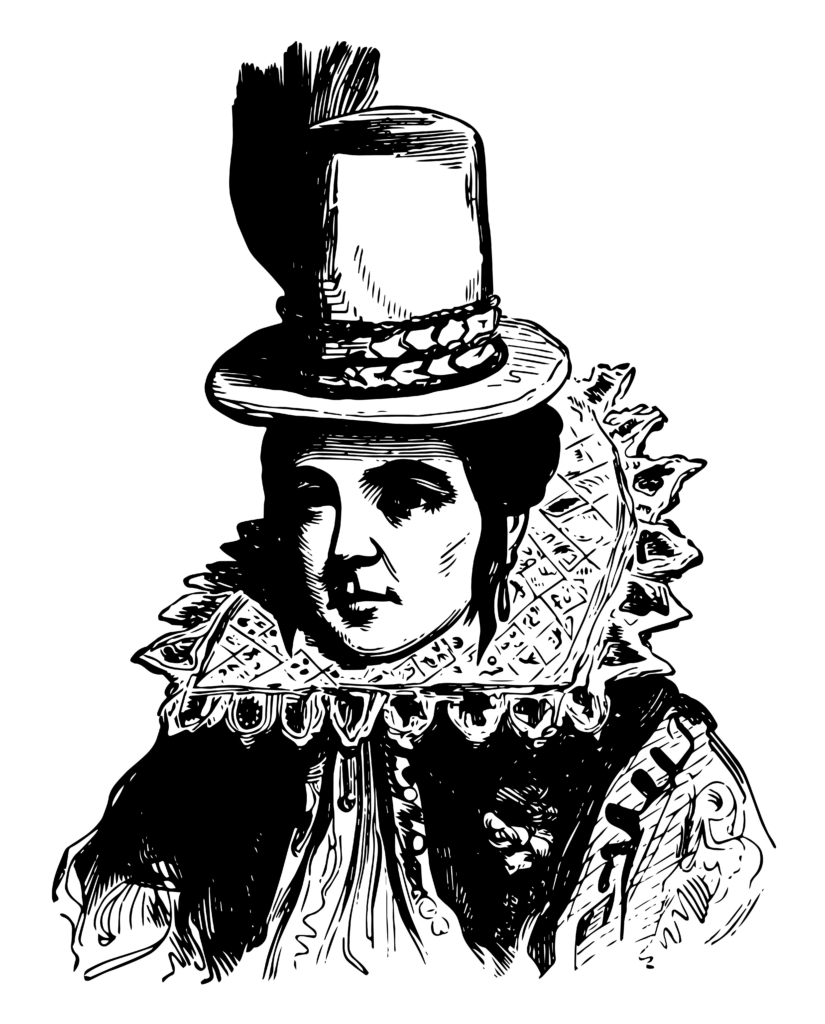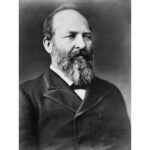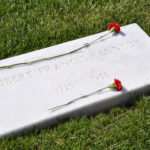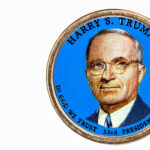In April 1614, a historic event took place in the fledgling English colony of Jamestown, Virginia. Pocahontas, a Native American woman of the Powhatan tribe, married English colonist John Rolfe in a ceremony that would impact the course of American history. The union between Pocahontas, the daughter of Chief Powhatan, and Rolfe, an English tobacco farmer, symbolized the possibility of peaceful coexistence between the indigenous peoples and the European settlers.
Pocahontas, born Matoaka, was a significant figure in early colonial history. As the favored daughter of Chief Powhatan, she played a crucial role in maintaining a fragile peace between the Powhatan Confederacy and the English settlers. Her first interaction with the settlers occurred when she was just a young girl, saving the life of Captain John Smith, an event that has since been immortalized in folklore and legend.
John Rolfe arrived in Jamestown in 1610, and he quickly became known for his successful cultivation of a new strain of tobacco, which would eventually prove highly profitable for the colony. Rolfe’s economic contributions to Jamestown were vital, but it was his marriage to Pocahontas that would truly cement his place in history.
The marriage of Pocahontas and John Rolfe brought about a period of relative peace between the Powhatan tribe and the English settlers, known as the “Peace of Pocahontas.” While the truce was short-lived, the symbolic importance of their union cannot be overstated. It showcased the potential for cultural exchange, cooperation, and understanding between vastly different peoples.
Today, the story of Pocahontas and John Rolfe serves as a reminder of the complexities of early colonial history and the potential for unity and understanding in the face of cultural differences.
References:
https://www.history.com/this-day-in-history/pocahontas-marries-john-rolfe
https://www.nps.gov/jame/learn/historyculture/pocahontas-her-life-and-legend.htm
https://emuseum.nyhistory.org/objects/41332/pocahontas-saving-the-life-of-captain-john-smith




